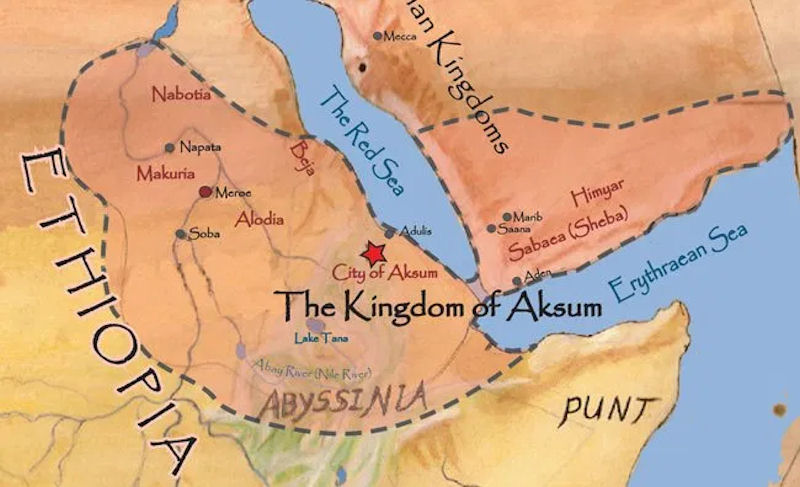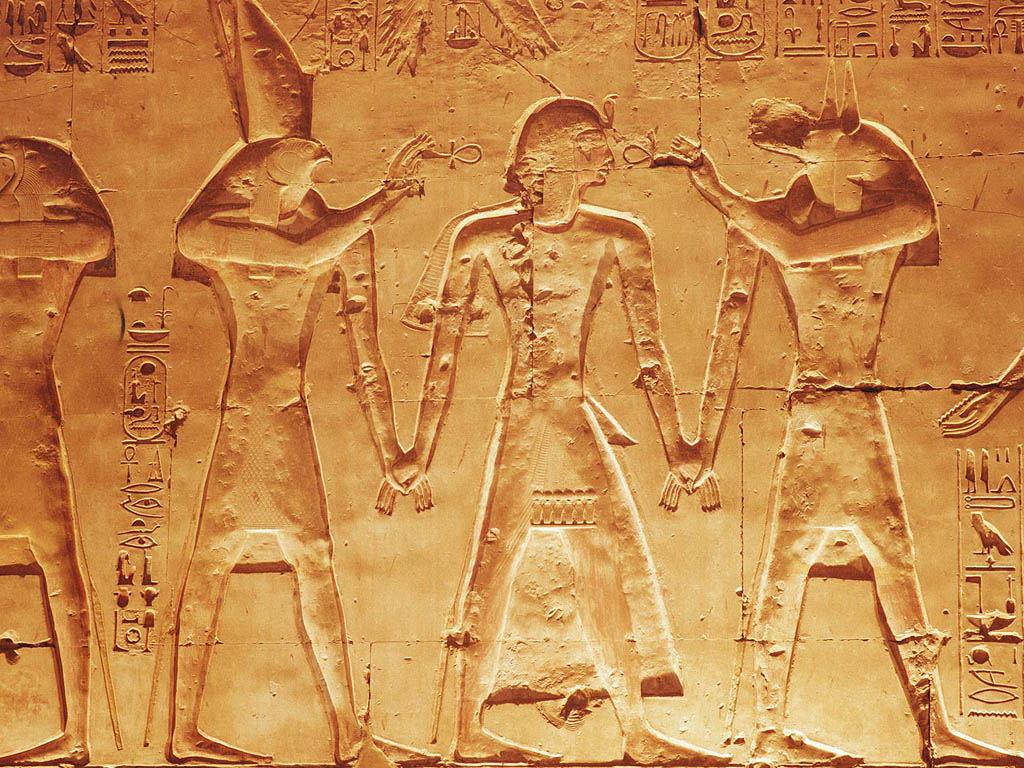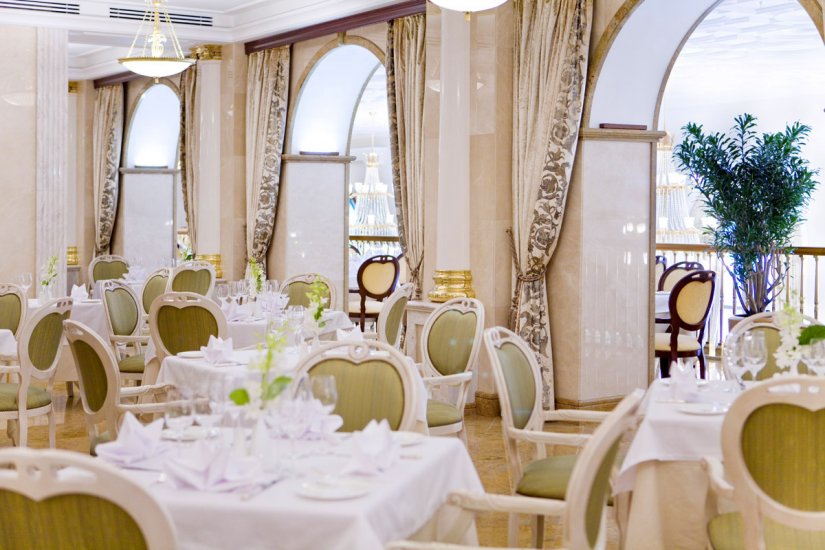Determining the oldest countries in the world can be a complex and subjective task, as the concept of a country and its borders has evolved over time. However, there are several countries that are widely considered to be among the oldest in the world, based on factors such as their continuous existence, the longevity of their cultural heritage, and their historical significance. Here are some of the oldest countries in the world:
China
With a history spanning more than 5,000 years, China is widely considered one of the oldest continuous civilizations in the world. Throughout its history, China has seen the rise and fall of numerous dynasties, the development of a sophisticated system of writing and literature, and the creation of many great works of art and architecture. China has also made significant contributions to the fields of science, mathematics, medicine, and philosophy, among others.
Today, China is a major world power with a population of over 1.4 billion people and a rapidly growing economy.
Iran
Formerly known as Persia, Iran has a rich history dating back to the ancient Persian Empire, which dates back to 550 BC. The Persian Empire was founded in the 6th century BCE by Cyrus the Great and lasted for over 200 years. During this time, the empire expanded its territory to include parts of Central Asia, the Caucasus, the Middle East, and Egypt. The Persian Empire was known for its sophisticated art and architecture, including the magnificent capital city of Persepolis, which was built by Darius the Great in the 5th century BCE.
After the fall of the Persian Empire, Iran went through a series of conquests by various empires and dynasties, including the Arab Caliphate, the Mongol Empire, and the Safavid Dynasty. Today, Iran is an Islamic republic with a rich cultural heritage and a population of over 83 million people.
Egypt
Egypt is home to some of the world’s oldest and most well-known historical landmarks. Ancient Egypt is famous for its magnificent monuments, such as the Great Pyramid of Giza, the Sphinx, and the Luxor Temple, which were built thousands of years ago and continue to be a source of wonder and fascination today. The ancient Egyptians developed a sophisticated system of writing, medicine, agriculture, and architecture, and they made significant contributions to the fields of mathematics, astronomy, and engineering.
Over the centuries, Egypt has been ruled by numerous dynasties, including the Old Kingdom, Middle Kingdom, and New Kingdom, and it has been conquered by various empires and civilizations, including the Assyrians, the Persians, and the Greeks. Today, Egypt is a modern country with a population of over 100 million people, and its ancient monuments continue to attract millions of visitors from around the world each year.
Japan
Japan has a long and rich cultural heritage, with a history that dates back to the prehistoric Jomon period, which began around 14,000 BC. Over the centuries, Japan has developed a unique and distinctive culture that combines ancient traditions with modern technology and innovation. Japan is famous for its art, including painting, sculpture, and calligraphy, as well as its traditional crafts, such as ceramics, lacquerware, and textiles. Japan has also made significant contributions to the fields of literature, music, theater, and film. Japanese cuisine is renowned around the world for its variety, flavor, and health benefits, and it is considered one of the world’s great culinary traditions.
Today, Japan is a modern and prosperous country with a population of over 125 million people, and its cultural heritage continues to be a source of inspiration and fascination for people around the world.

Greece
Greece is widely considered the birthplace of Western civilization, with a history that dates back to the Bronze Age. Ancient Greece is famous for its magnificent temples, such as the Parthenon, its epic poems, such as the Iliad and the Odyssey, and its great philosophers, such as Socrates, Plato, and Aristotle. The ancient Greeks developed a system of government that was based on the participation of citizens, and this concept of democracy continues to be a cornerstone of modern Western society.
Greek art and architecture, with their focus on balance, symmetry, and harmony, have had a profound influence on Western aesthetics. Greek literature, including the works of Homer and the Greek tragedies, continue to be read and studied today. Greece has also made significant contributions to the fields of mathematics, astronomy, and medicine, among others. Today, Greece is a modern country with a rich cultural heritage and a population of over 10 million people.
Ethiopia
Ethiopia is one of the oldest countries in Africa, with a history that dates back to the ancient kingdom of Axum, which existed from the 1st century AD. Ethiopia is home to numerous ancient civilizations, such as the Axumite Kingdom, which was one of the most powerful and prosperous civilizations in the ancient world. The Axumite Kingdom was known for its sophisticated system of writing, as well as its impressive architecture, including the towering obelisks that still stand in Axum today.
Ethiopia is also famous for being one of the few countries in Africa that was never colonized by a European power. Ethiopia’s rich cultural heritage is reflected in its music, dance, art, and cuisine, which are distinct from those of its neighboring countries. Ethiopia is also home to some of the world’s most important archaeological sites, including the ancient city of Lalibela, which is famous for its rock-hewn churches. Today, Ethiopia is a modern country with a population of over 112 million people, and its ancient traditions and culture continue to be an important part of its national identity.

India
India has a long and complex history that spans over 5,000 years, with numerous kingdoms, empires, and dynasties rising and falling over the centuries. Ancient India was home to some of the world’s earliest civilizations, such as the Indus Valley Civilization, which flourished around 2600 BCE. India has also been the birthplace of several major religions, including Hinduism, Buddhism, Jainism, and Sikhism. India’s cultural heritage is rich and diverse, and includes magnificent architecture, such as the Taj Mahal and the Khajuraho temples, as well as world-renowned literature, art, music, and dance.
India has also made significant contributions to the fields of mathematics, astronomy, medicine, and philosophy. India was colonized by the British Empire for over 200 years, which had a profound impact on its society, culture, and politics. Today, India is a modern and vibrant country with a population of over 1.3 billion people, and its rich cultural heritage continues to be an important part of its national identity.
It is important to note that this is by no means an exhaustive list and there are many other countries with long and rich histories that could also be considered among the oldest in the world.










